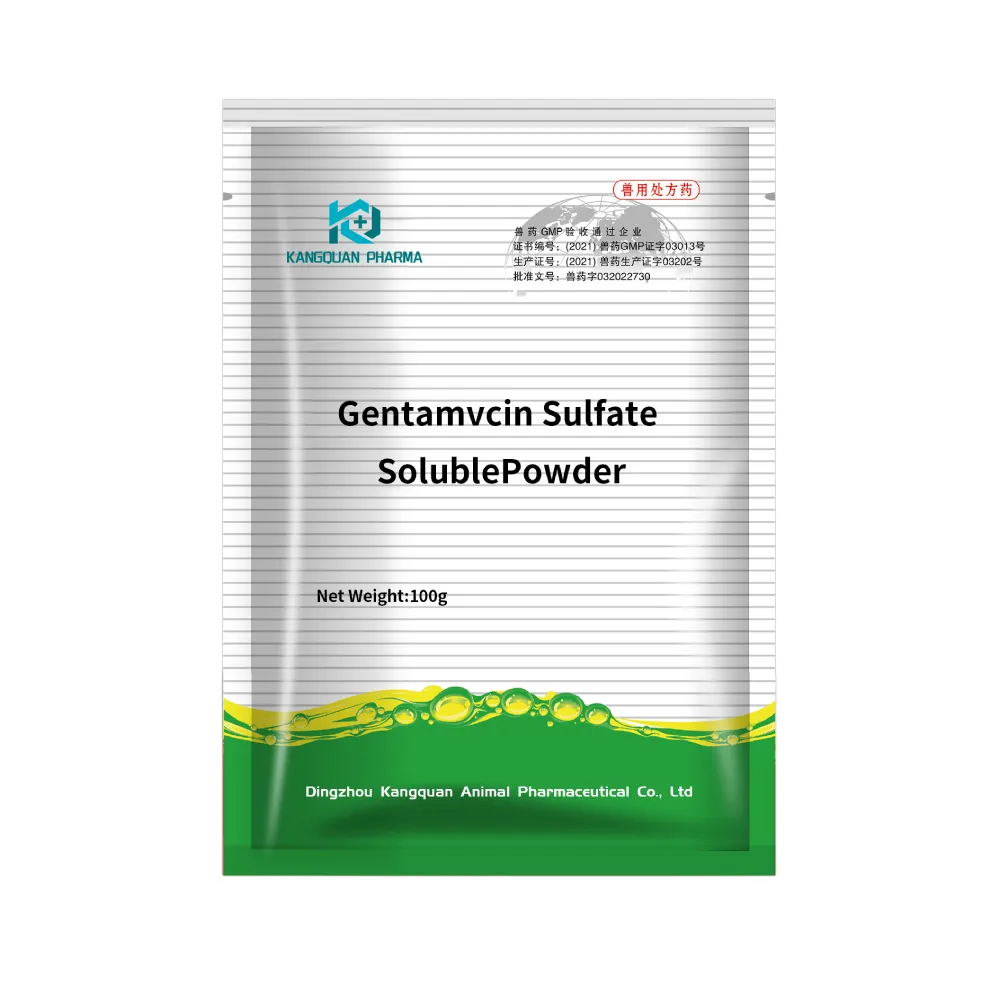- Afrikaans
- Albanian
- Amharic
- Arabic
- Armenian
- Azerbaijani
- Basque
- Belarusian
- Bengali
- Bosnian
- Bulgarian
- Catalan
- Cebuano
- Corsican
- Croatian
- Czech
- Danish
- Dutch
- English
- Esperanto
- Estonian
- Finnish
- French
- Frisian
- Galician
- Georgian
- German
- Greek
- Gujarati
- Haitian Creole
- hausa
- hawaiian
- Hebrew
- Hindi
- Miao
- Hungarian
- Icelandic
- igbo
- Indonesian
- irish
- Italian
- Japanese
- Javanese
- Kannada
- kazakh
- Khmer
- Rwandese
- Korean
- Kurdish
- Kyrgyz
- Lao
- Latin
- Latvian
- Lithuanian
- Luxembourgish
- Macedonian
- Malgashi
- Malay
- Malayalam
- Maltese
- Maori
- Marathi
- Mongolian
- Myanmar
- Nepali
- Norwegian
- Norwegian
- Occitan
- Pashto
- Persian
- Polish
- Portuguese
- Punjabi
- Romanian
- Russian
- Samoan
- Scottish Gaelic
- Serbian
- Sesotho
- Shona
- Sindhi
- Sinhala
- Slovak
- Slovenian
- Somali
- Spanish
- Sundanese
- Swahili
- Swedish
- Tagalog
- Tajik
- Tamil
- Tatar
- Telugu
- Thai
- Turkish
- Turkmen
- Ukrainian
- Urdu
- Uighur
- Uzbek
- Vietnamese
- Welsh
- Bantu
- Yiddish
- Yoruba
- Zulu
7 月 . 29, 2024 03:46 Back to list
Effective Disinfectants for Common Household Animals to Ensure Their Health and Safety
Common Animal Disinfectants Importance and Application
Disinfectants play a crucial role in maintaining the health and well-being of animals in various settings, including farms, veterinary clinics, zoos, and households. The use of disinfectants helps prevent the spread of infectious diseases, protects animal welfare, and ensures food safety. This article delves into the importance of animal disinfectants, common types, and their effective application.
Importance of Disinfectants
In animal husbandry, the concentration of animals in confined spaces can facilitate the rapid spread of pathogens. Diseases such as avian influenza, foot-and-mouth disease, and various bacterial infections can lead to significant economic losses and threaten animal populations. Disinfectants help mitigate these risks by killing harmful microorganisms, thus reducing the incidence of diseases.
In veterinary clinics, disinfectants are essential for maintaining sterile environments. They not only protect the health of the animals receiving treatment but also safeguard the staff and other animals from potential exposure to infectious agents. This is particularly important in facilities that handle a wide variety of species, each of which may carry different pathogens.
Common Types of Animal Disinfectants
1. Bleach (Sodium Hypochlorite) One of the most widely used disinfectants, bleach is highly effective against a broad spectrum of bacteria, viruses, and fungi. However, it must be diluted properly to avoid harmful effects on animals and surfaces. It is particularly useful for hard surfaces but should not be used on certain materials, as its corrosive nature can cause damage.
2. Quaternary Ammonium Compounds (Quats) Quats are effective against a variety of pathogens and are often used in veterinary clinics and animal housing facilities. They are less corrosive than bleach but may not be as effective against certain viruses. Proper rinsing is often recommended to avoid any residue that could irritate animals.
common animal disinfectants

3. Hydrogen Peroxide This disinfectant is effective against bacteria, yeasts, and viruses. It breaks down into water and oxygen, making it environmentally friendly. Hydrogen peroxide is often used for cleaning surfaces and equipment in both farm and veterinary settings.
4. Iodophors These are iodine-based disinfectants that are effective against a broad range of microorganisms. They are commonly used in food-producing animals to disinfect skin and equipment due to their effectiveness and lower toxicity levels.
5. Phenolic Compounds Effective against bacteria and some viruses, phenolic disinfectants are commonly used in animal housing and veterinary clinics. However, they can be irritating to skin and respiratory tracts, so precautions should be taken when using them.
Effective Application of Disinfectants
To achieve optimal results, it is essential to apply disinfectants correctly. First, surfaces should be cleaned to remove organic material, as dirt and debris can hinder the effectiveness of disinfectants. After cleaning, the disinfectant should be applied according to the manufacturer's instructions regarding concentration and contact time. It’s crucial to allow the disinfectant to air dry, as this enhances its efficacy.
Moreover, it’s important to rotate different types of disinfectants in order to prevent the development of resistance in pathogens. Regularly assessing the effectiveness of disinfectants through monitoring of microbial levels can also ensure a healthy environment for animals.
Conclusion
In summary, the use of disinfectants is vital in protecting animal health and preventing the spread of infectious diseases. With various types available, understanding their properties and applications can help caregivers and veterinarians make informed choices. Ultimately, proper disinfection practices contribute significantly to animal welfare and public health, ensuring a safer environment for both animals and humans alike.
-
The Power of Radix Isatidis Extract for Your Health and Wellness
NewsOct.29,2024
-
Neomycin Sulfate Soluble Powder: A Versatile Solution for Pet Health
NewsOct.29,2024
-
Lincomycin Hydrochloride Soluble Powder – The Essential Solution
NewsOct.29,2024
-
Garamycin Gentamicin Sulfate for Effective Infection Control
NewsOct.29,2024
-
Doxycycline Hyclate Soluble Powder: Your Antibiotic Needs
NewsOct.29,2024
-
Tilmicosin Premix: The Ultimate Solution for Poultry Health
NewsOct.29,2024













